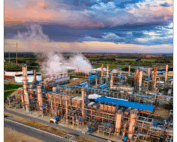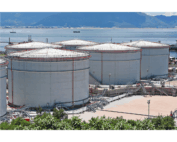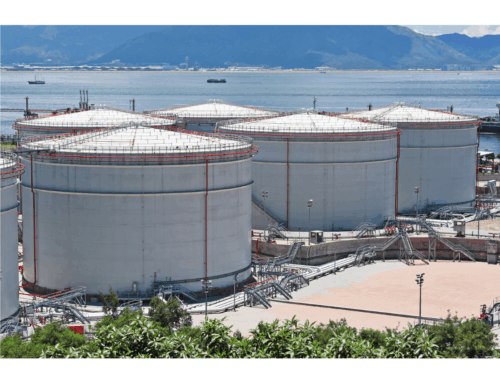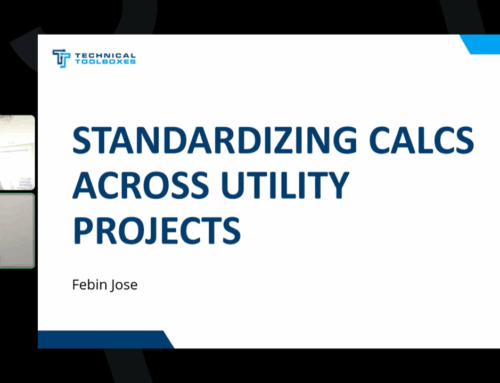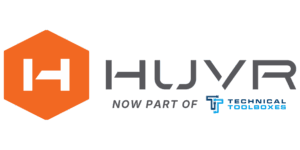Maximizing Pipeline Safety and Efficiency with API 1104 Compliant Welding Practices
By Kesley Price
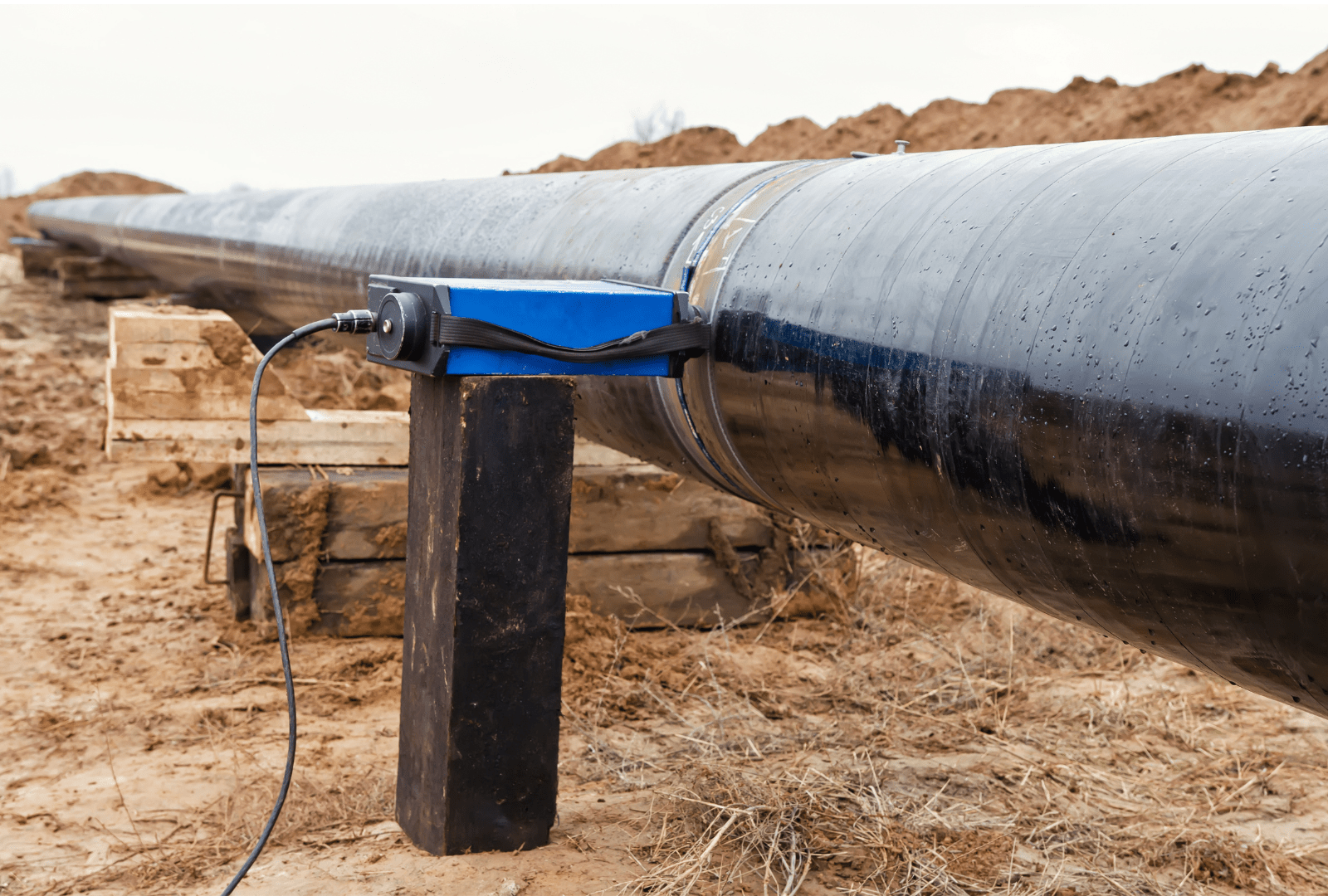
Pipeline infrastructure is crucial for transporting energy resources safely and efficiently. However, ensuring the integrity of pipelines involves rigorous standards, especially when it comes to welding practices. API 1104, the standard set by the American Petroleum Institute for welding on pipelines and related facilities, provides detailed guidance to ensure high-quality welds that enhance both safety and efficiency. In this post, we’ll explore how API 1104 compliance in welding not only maximizes pipeline safety but also boosts operational efficiency.
Why Is API 1104 Important?
API 1104 outlines the standards for the welding of pipelines that transport both liquid and gas. Its guidelines ensure that welds can withstand the pressures and operational conditions that pipelines endure, reducing the risk of failures that could result in leaks, costly repairs, or environmental disasters. Here’s why following API 1104 is essential:
- Enhanced Safety: API 1104 sets strict guidelines for ensuring weld integrity, minimizing the risk of weak points that can lead to leaks or fractures under high pressure to ensure safety.
- Efficiency and Compliance: Adhering to API 1104 ensures compliance with regulatory standards, which can streamline inspection processes and reduce operational downtime. Additionally, using API-compliant methods can optimize the welding process, making it more cost-effective over the pipeline’s lifecycle.
Key Benefits of API 1104 Compliant Welding
- Improved Weld Quality: API 1104 establishes the procedures, welder qualifications, and inspection criteria that guarantee superior weld quality. Following these protocols means fewer weld failures, reducing the need for repairs and minimizing safety risks.
- Operational Efficiency: High-quality welds contribute to the longevity of pipeline infrastructure. When welds are done right the first time, it reduces the frequency of inspections and maintenance, allowing for uninterrupted operations.
- Risk Mitigation: API 1104 provides thorough guidelines for addressing common welding defects such as cracks, porosity, and incomplete fusion. By following these standards, pipeline operators can mitigate risks before they become costly problems.
- Regulatory Compliance: API 1104 is widely recognized by industry regulators, meaning compliance with these standards simplifies the approval process and ensures that your projects meet all necessary legal requirements.
Addressing Weld Imperfections with API 1104 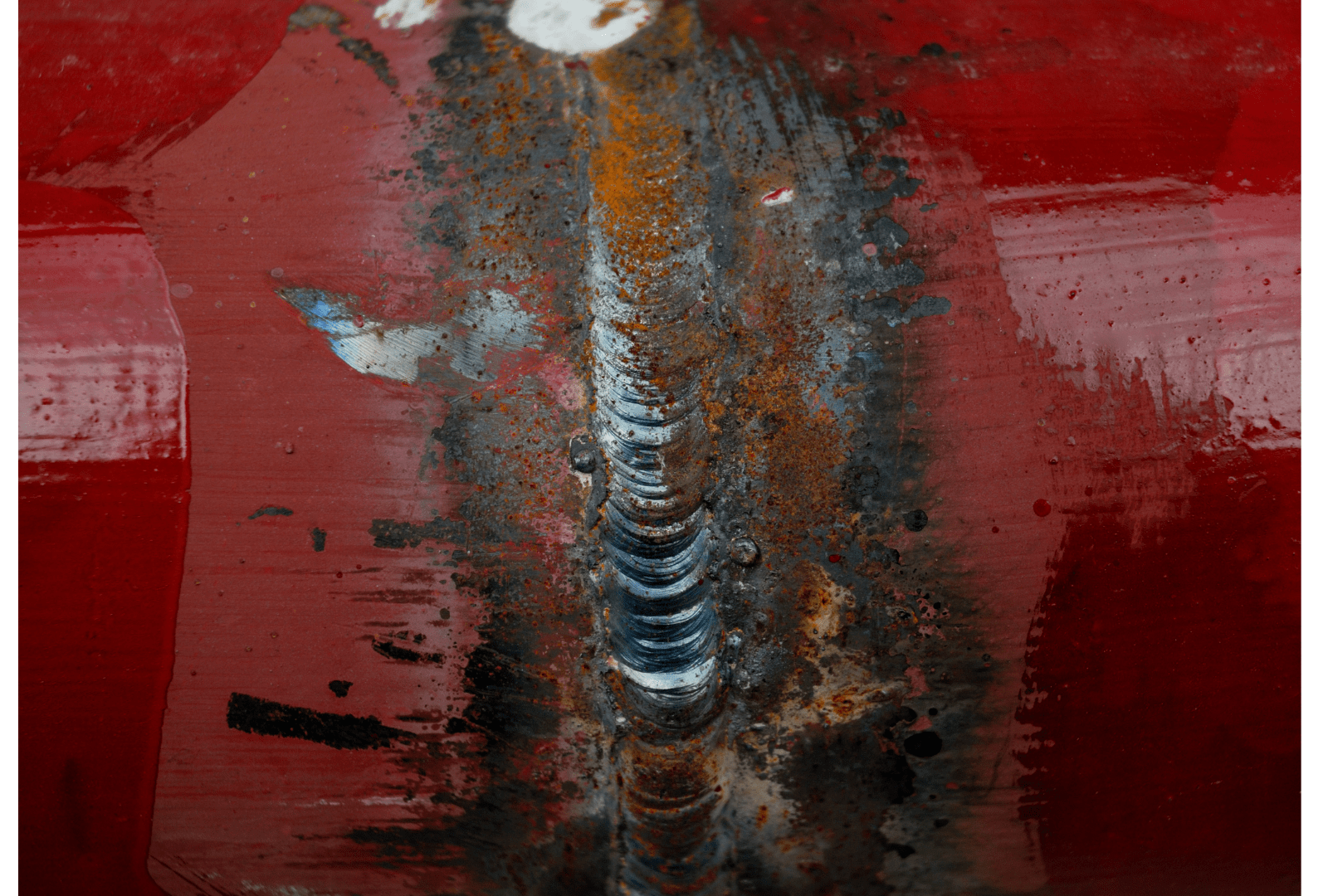
Weld imperfections can pose significant risks to the integrity of a pipeline. API 1104 provides detailed methods for assessing and addressing imperfections in both liquid and gas pipelines. From identifying common welding flaws to prescribing the appropriate corrective measures, API 1104 helps operators maintain the highest standards of pipeline safety and integrity.
For instance, the Weld Imperfection Assessment for Liquid Pipelines and Weld Imperfection Assessment for Gas Pipelines provided by Technical Toolboxes offer comprehensive tools to evaluate the severity of flaws and recommend mitigation strategies, ensuring that the pipeline remains within safe operational limits.
Streamlining Inspection and Maintenance
Welding inspection is a critical aspect of ensuring long-term pipeline safety. By adhering to API 1104 standards, companies can implement efficient inspection protocols. Tools like the API Toolbox and the API Collector App help streamline these inspections, enabling inspectors to quickly compile data, perform necessary calculations, and generate compliance reports. The automated workflows provided by tools like this reduce human error, making inspections faster and more accurate.
Integrating Technology for Better Outcomes
Modern software tools like Technical Toolboxes’ Pipeline Toolbox (PLTB) integrate advanced calculations and automated workflows, simplifying the management of pipeline welding projects. These tools help pipeline engineers adhere to API 1104 standards while optimizing resources and reducing project timelines. By leveraging technology, companies can ensure compliance while boosting productivity and cost-efficiency.
Conclusion: Maximizing Efficiency with API 1104 Compliance
API 1104 sets the gold standard for pipeline welding practices, ensuring safety and efficiency at every step of pipeline construction and maintenance. By adhering to these standards, pipeline operators can significantly reduce risks, streamline operations, and ensure the longevity of their infrastructure.
If you’re looking to enhance your pipeline projects with API 1104-compliant practices, consider integrating tools like the API Inspector’s Toolbox and Pipeline Toolbox. These solutions offer advanced features that can make your welding projects more efficient, compliant, and safe. Ready to see how these tools can help your team? Contact us today to learn more or schedule a demo.
Suggested Post
The Network Modeling Tool Gas Engineers Didn’t Know They Needed
The Network Modeling Tool Gas Engineers Didn’t Know They Needed By Kesley Price You’ve outgrown your spreadsheets, now [...]
The Trusted Tool Gas Engineers Didn’t Know They Were Missing
Do You Really Know What’s Flowing Through Your Pipes? The Trusted Tool Gas Engineers [...]
2026 API Compliance: What You Need to Know
2026 API Compliance: What You Need to Know By Kesley Price New rules. Tougher [...]



